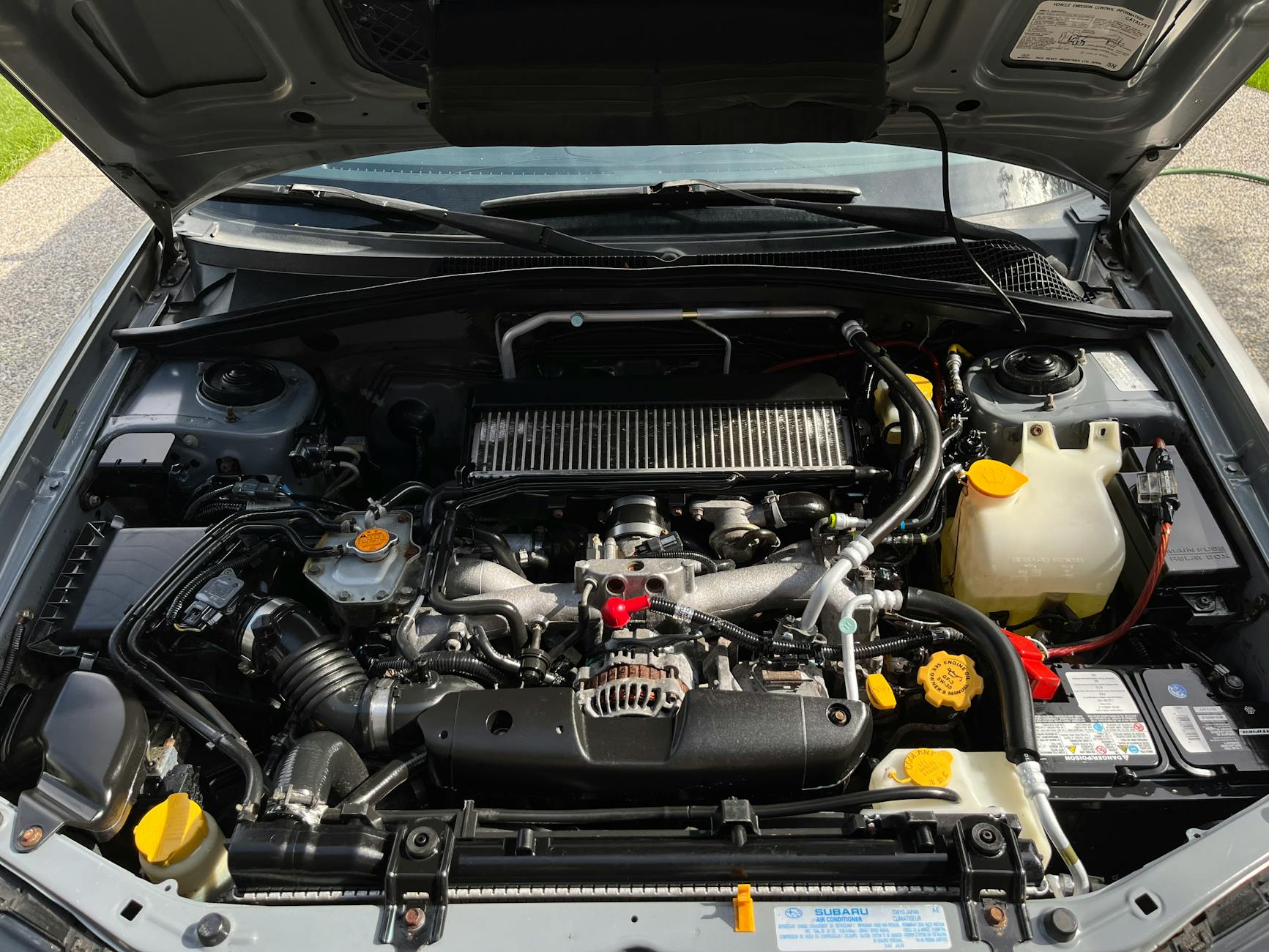
Power & Precision: Fuel Pumps, Engine Belts, Ignition Coils, and More!

The Article Continues Here...
FAQs (Frequently Asked Questions)
1. How often should I replace my vehicle's air filter? Depending on your driving conditions, it's recommended to replace your air filter every 12,000 to 15,000 miles or as advised in your vehicle's manual. 2. What are the signs of a failing ignition coil? Symptoms of a faulty ignition coil include engine misfires, rough idling, decreased fuel efficiency, and illuminated check engine light. 3. Why is regular maintenance of engine belts essential? Engine belts wear out over time and can lead to catastrophic engine failure if not replaced promptly. Regular inspections and replacements prevent costly repairs down the line. 4. Can I increase my vehicle's fuel efficiency by upgrading the fuel pump? While a highperformance fuel pump may enhance engine performance, its impact on fuel efficiency depends on various factors such as driving habits, engine condition, and overall vehicle health. 5. How crucial are spark plugs in maintaining engine performance? Spark plugs play a pivotal role in igniting the airfuel mixture in the engine cylinders. Regularly inspecting and replacing spark plugs ensures optimal engine performance and fuel efficiency.